- Home
- About Us
- Products
-
Heat-Pump Dehumidifier DeAir
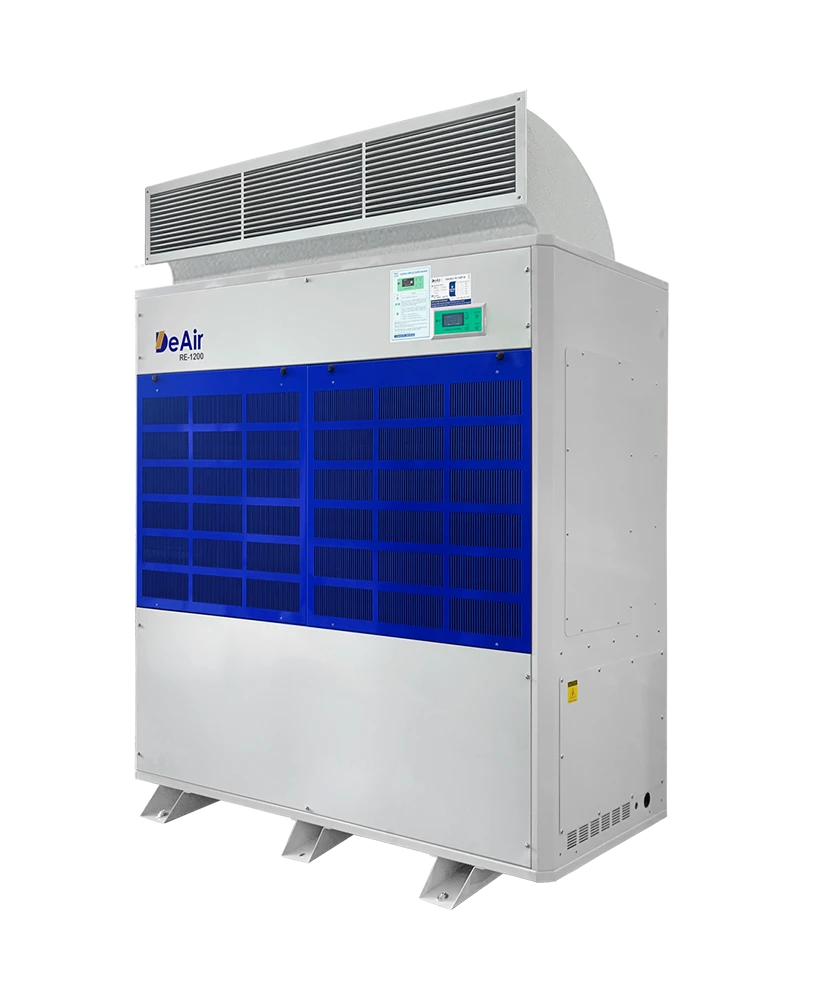 DeAir.RE
DeAir.RE -
Heat-Pump Dryer DeAir.RE-H
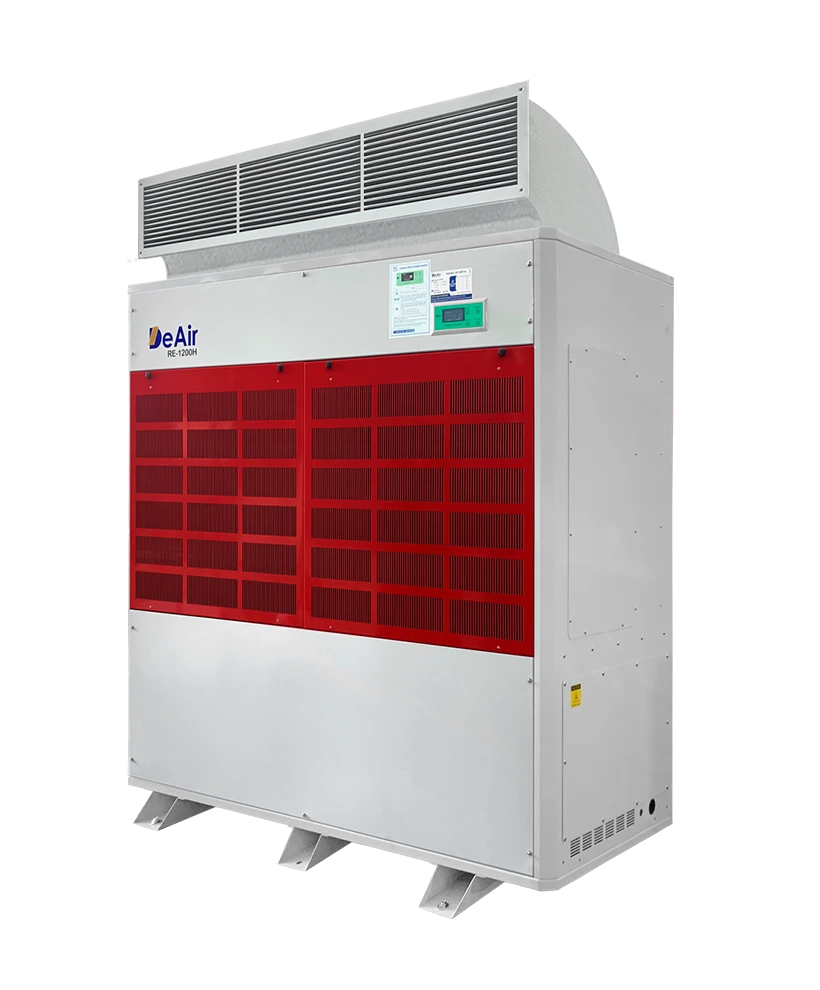 DeAir.RE-H
DeAir.RE-H -
Heat-Pump Stainless Steel Dehumidifier
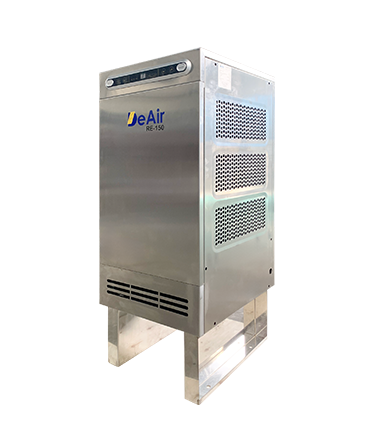 DeAir.RE-INOX
DeAir.RE-INOX -
Heat-Pump Isothermal Dehumidifier DeAir.CRE
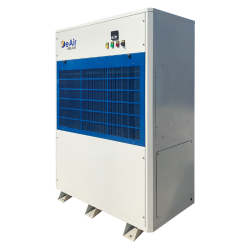 DeAir.CRE
DeAir.CRE -
Dezenno Dehumidifier
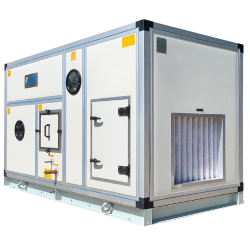 Dezenno
Dezenno -
Heat-Pump Ceiling Mounted Dehumidifier DeAir
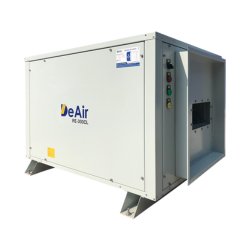 DeAir.RE-CL
DeAir.RE-CL -
Dehumidifier Olmas
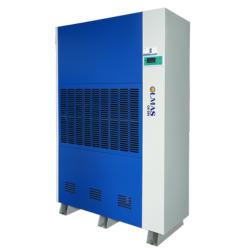 Olmas-OS
Olmas-OS -
Industrial Humidifier DeAir
 DeAir.HM
DeAir.HM -
Heat-Pump Dryer Daxwell
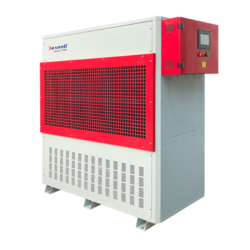 Daxwell
Daxwell -
Electric Duct Heater DeAir
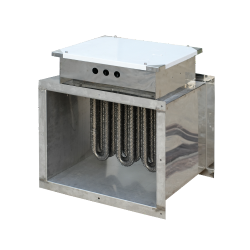 DeAir.Heat
DeAir.Heat -
Air Handling Unit Dezenno.MAX
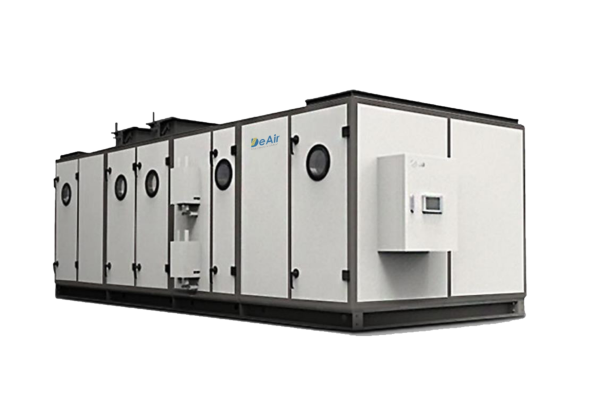 AHU
AHU
-
- Services
- Projects
- Warranty – Maintenance
- News
- Contact
The Refined Sugar Conditioning Process: The Secret to Preventing Caking & Maintaining Premium Quality
08/05/2024
Imagine a silo filled with high-quality refined sugar, ready for packaging, but when you open the discharge valve, all you find is a giant, solid block. This is the "nightmare" known as caking—a serious problem that causes hundreds of millions in losses and halts production. The root cause lies in skipping a crucial step: the sugar conditioning process.
In this article, DeAir's experts will provide a detailed analysis of this vital process and introduce a specialized technology solution to completely master the quality of the final sugar product.
1. Sugar Caking - The Manufacturer's Unforeseen Damage
After leaving the centrifuge, sugar still has a supersaturated syrup film surrounding the crystals. If not treated properly, this film will cause caking, leading to:
- Financial Loss: Hard caked sugar must be broken up and re-milled, costing money in labor, electricity, and product loss.
- Reduced Product Quality: The reprocessing can alter the crystal size and color of the sugar.
- Reputation Damage: Product that arrives caked to customers or other processing plants (for candy, beverages, etc.) can severely damage a brand's reputation.
- System Blockages: Caked sugar can clog silos, screw conveyors, and automated packaging systems.
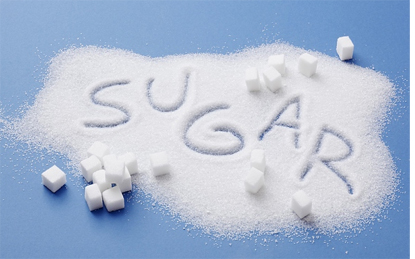
2. The Standard Technical Process for Sugar Conditioning
To prevent caking, refined sugar must undergo a conditioning process in specialized silos. The purpose of this process is to completely dry and crystallize the supersaturated syrup film on the crystal surfaces.
Execution Principle:
After refining, the sugar is transferred to a conditioning silo. A stream of dry, warm air with strictly controlled parameters is blown by a high-pressure fan from the bottom of the silo upwards, passing through the mass of sugar. This process promotes controlled crystallization, preventing internal moisture from migrating outwards and forming the "bridges" that cause caking.
- Process Duration: From 48 to 72 hours.
- Conditioned Air Requirements:
- Relative Humidity (RH): This is the most critical factor and must be maintained at 40% - 50% RH.
- Temperature: Usually maintained between 40 - 60°C.
Critical Operational Notes
Controlling the airflow during conditioning is an art. Operational mistakes can backfire:
- If the air is too dry (RH is too low): The syrup film will crystallize too quickly, "trapping" a certain amount of moisture inside. This trapped moisture that cannot escape in time will cause the sugar crystals to become opaque, losing their transparent, high-quality appearance.
- If the air is too humid (RH is too high): It will not be sufficient to dry the film, and the caking process will continue.
- Fan Flow Rate and Pressure: The resistance of the sugar mass in the silo (dependent on height and grain size) must be accurately calculated to select a high-pressure fan with the appropriate flow rate and static pressure, ensuring the air can pass uniformly through the entire sugar mass.
DeAir's Solution: Specialized Dehumidification Technology for Sugar Silos
The biggest challenge of this process is generating a huge volume of air with stable, controlled humidity and temperature 24/7, regardless of Vietnam's hot and humid ambient conditions. Using natural air is impossible. This is where DeAir's specialized dehumidification technology comes into play.
The optimal solution for this application is the Dezenno Industrial Rotor Dehumidifier. This technology is specifically designed for heavy-duty industrial requirements that demand low, stable humidity:

- Precise Humidity Control: The desiccant rotor technology can generate an air stream with very low humidity and maintain it stably at 40-50% RH, a consistency that conventional condensing dehumidifiers struggle to achieve.
- Durable 24/7 Operation: Dezenno units are engineered for continuous operation in harsh industrial environments, ensuring the conditioning process is never interrupted.
- Weather-Independent Performance: Unlike other technologies, the performance of a rotor dehumidifier is not affected by the outside ambient temperature or humidity, ensuring the output air quality is always consistent.
- Integrated System Consultation: DeAir's engineering team not only supplies the dehumidifier but also consults and calculates the requirements to select the right high-pressure fan and auxiliary equipment, ensuring the entire system operates at peak efficiency.
PREVENT CAKING, PRESERVE SUGAR QUALITY WITH DEAIR
A proper conditioning process is a mandatory investment to guarantee the quality and value of your product. Contact DeAir today to have our experts consult on the most suitable technology solution.
DEAIR JOINT STOCK COMPANY
Email: operation@deair.com.vn
Hotline: 0925 977 579 (Ms. Tâm) | 0914 205 850 (Ms. Hòa)
Website: deair.com.vn
Sign up for news from DeAir
Related news






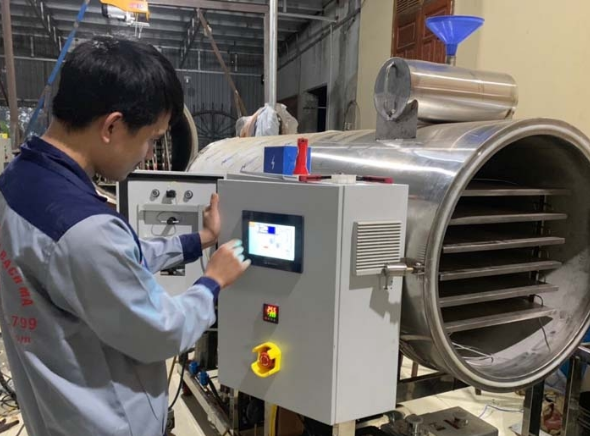


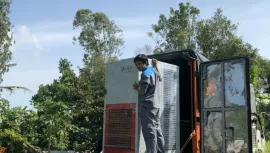
![[Case Study] DeAir Installs DeAir.De Rotor Humidity Control System for Pharmaceutical Plant in Binh Duong [Case Study] DeAir Installs DeAir.De Rotor Humidity Control System for Pharmaceutical Plant in Binh Duong](https://deair.com.vn/thumbs/news/2023_04/ban_giao_may_cho_duoc_bd/[270x153-cr]image1-1024x772.jpg__cv.webp)
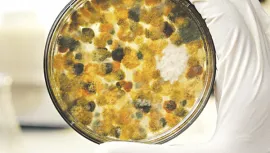
![[Review & Guide] Olmas OS-300: The New Humidity Control "Warrior" for Medium to Large Warehouses [Review & Guide] Olmas OS-300: The New Humidity Control "Warrior" for Medium to Large Warehouses](https://deair.com.vn/thumbs/news/huong_dan_su_dung_may_olmas_21/[270x153-cr]vtm06440.png)